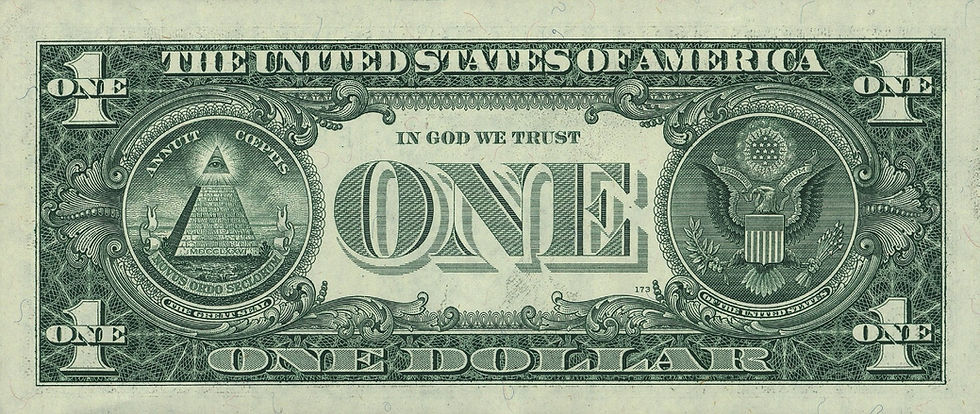What is a token? Can it be a game-changer for our economic models ?
- Marco Zolla
- Jan 19, 2022
- 3 min read
We started the journey of this law4tech series in the TiiQu blog by analysing the role of trust in shaping the architecture of the society; then, we moved to explore what is called ‘algorithmic trust’, and new forms of organizations enabled by blockchain, the Decentralized Autonomous Organization (DAO). If we want to understand how interactions happen within the blockchain and the consequent implications of such interactions, it is necessary to dive into the concept of token. Despite that token is an IT concept not related to blockchain, in the blockchain narrative the term token refers to cryptographic tokens, which are essential elements of the network. From a technical point of view, tokens are entries in a database, acting as a vehicle for exchanging data within the blockchain. In the last years, we have been used to hearing about extraordinary profits coming from the trading of blockchain tokens. However, it is important to distinguish the price of a token from its value. While the price of a token, like any other asset, is determined by the market, the value of a token relies on its properties and features. So, what are these properties and features? And how can they impact the token value? In a blockchain, transactions between users can be represented as an exchange of information in the form of digital data; the basic units of this digital data are identified by tokens, which are atomic units containing cryptographically tamper-proof information, stored in users’ wallets and organized with certain IT standards (i.e. ERC-20 standard).

The structure and functionality of the token are also encoded in the software protocol, which sets, for example, the rules of issuance or transfer, thus making the token a programmable unit. While in traditional trust-based systems (i.e. traditional legal systems) behaviours against the common interest of the community are subject to a series of sanctions, in the blockchain no authority can control interactions and impose sanctions for malicious behaviours. For this reason, the blockchain protocol embeds the microeconomic level, where the operational rules and the incentive system are hosted, and the macroeconomic level, which contains the monetary policy and interacts with the microeconomic level, thus making the entire system flexible in adapting to changes. This mechanism aims to ensure that the actions of the various actors are oriented towards the collective interest, coordinating the allocation of resources and rights among the participants according to their actions. Therefore, blockchain requires incentive mechanisms and participatory governance among the network to prevent the risk of opportunistic behaviour. The incentive system that is linked to tokens, from the demand-supply to the financing engineering, gives rise to what is defined as token economics (or tokenomics). Tied to behavioural economics, tokenomics approach the flow of tokens from a social perspective with a series of incentives or disincentives, in the form of tokens, for users to adopt or not a certain behaviour. Being DAOs the default scheme for many smart contract protocols, we can see that the synergy between DAOs and tokenomics is growing more and more to create business models based on these flows of tokens. Sectors such as gaming, through the play-to-earn scheme, are among the pioneers in exploiting these opportunities for distributing new products and providing services with tokenomics. Being tokens programmable units, the features that can be designed on tokens give space to multiple applications, and, depending on such features, the token holders can access or enjoy different rights. If we consider tokens to be an asset class, we can outline a kind of token taxonomy based on the token features and properties.

This classification model is bringing regulators around the world to set multiple regulatory frameworks for tokens, with consequent relevant implications from a legal point of view for the token holder and for the token issuer, such as the case of security tokens. The effects of tokenomics are still far from showing all their impact on our economic system. However, tokenomics has already opened a new way to manage a community, access fundraising, or exchange value without intermediaries, thanks to new interaction models, alternatives to those we are used to knowing, but not necessarily in contrast with them.
.png)


Comments